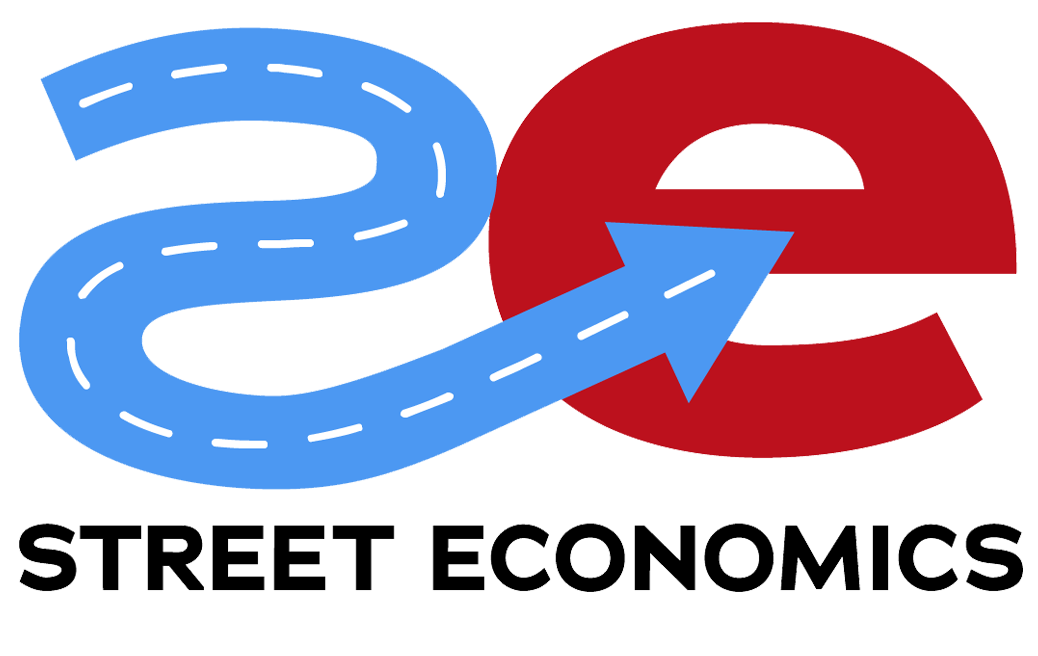Budapest, Hungary’s capital, is currently navigating a complex landscape marked by political tensions, economic challenges, and active civic engagement. The city’s dynamics are influenced by both domestic policies and its interactions within the European Union. Bloomberg CityLab recently reported on some of this drama.
Drama Meter for Budapest, Hungary: 7/10 🟡
| Category | Score | Icon | Key Insight |
|---|---|---|---|
| Local Politics | 8 | 🔴 | Prime Minister Viktor Orbán’s recent veto of an EU statement condemning Belarus’s presidential elections has heightened political tensions within the EU. The Times & The Sunday Times |
| Bureaucracy & Governance | 7 | 🟡 | The resignation of Hungary’s president amid public outcry over a controversial pardon has led to a rare political crisis, challenging the stability of the current administration. AP News |
| Economic Development | 6 | 🟡 | Economic forecasts for Hungary predict modest growth, with the debt-to-GDP ratio projected to reach 74.5% in 2024, influenced by a high budget deficit and significant investments like the purchase of Budapest Airport. Economy and Finance |
| Community Engagement | 7 | 🟡 | The emergence of political movements, such as that led by former Fidesz insider Péter Magyar, indicates growing public involvement and dissent within the political landscape. AP News |
| Quality of Life | 6 | 🟡 | Budapest continues to face challenges related to housing affordability and public services, impacting residents’ daily lives. |
| Infrastructure & Development | 6 | 🟡 | Ongoing infrastructure projects aim to modernize the city, but bureaucratic hurdles and funding issues may delay progress. |
| Media & Public Perception | 7 | 🟡 | International media scrutiny, particularly regarding Hungary’s political decisions within the EU, affects the country’s global image. |
| External Factors | 8 | 🔴 | Hungary’s complex relationship with the EU, especially concerning sanctions against Russia and energy dependencies, significantly influences Budapest’s political and economic environment. Financial Times |
Legend
| Score Range | Icon | Description |
|---|---|---|
| 1–2 | ⚪️ | Stable but Boring: Minimal conflict or risk, but potentially stagnant growth and innovation. |
| 3–5 | 🟢 | Moderate Drama, Manageable: Manageable challenges with healthy civic activity. |
| 6–7 | 🟡 | High Drama, Caution: Noticeable tensions, unresolved issues, or rising risks that could escalate. |
| 8–10 | 🔴 | Extreme Drama, Crisis: Severe instability due to political, economic, or social turmoil. |
Why This Matters
Budapest’s current situation reflects broader national challenges that have significant implications for its residents and its role within the European community. Political decisions and economic policies not only affect domestic stability but also influence Hungary’s relationships with neighboring countries and international bodies.
Actionable Insights
- Enhance Political Dialogue: Fostering open discussions between government entities and opposition movements can help address public concerns and reduce political tensions.
- Strengthen Economic Policies: Implementing strategies to manage the national debt and promote sustainable growth is crucial for economic stability.
- Promote Transparency in Governance: Building public trust through transparent decision-making processes can mitigate political crises and enhance governance.
- Improve EU Relations: Engaging constructively with EU partners to align on key issues, such as sanctions and energy policies, can strengthen Hungary’s position within the union.
Summary
Budapest’s Drama Meter score of 7/10 indicates significant tensions arising from political decisions, economic challenges, and external relationships. Addressing these issues through proactive governance and strategic planning is essential for the city’s future stability and prosperity.
About the Drama Meter
The Drama Meter quantifies a city’s “drama” by analyzing eight categories: local politics, governance, economic development, community engagement, quality of life, infrastructure, media perception, and external factors. Using this framework, we’ll provide a detailed score (1–10), breaking down the causes of tension and offering actionable solutions for communities to find stability. Whose drama would you like to see?


No responses yet